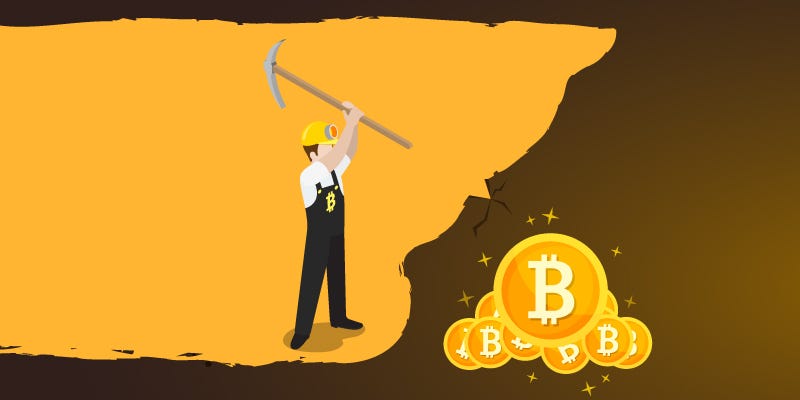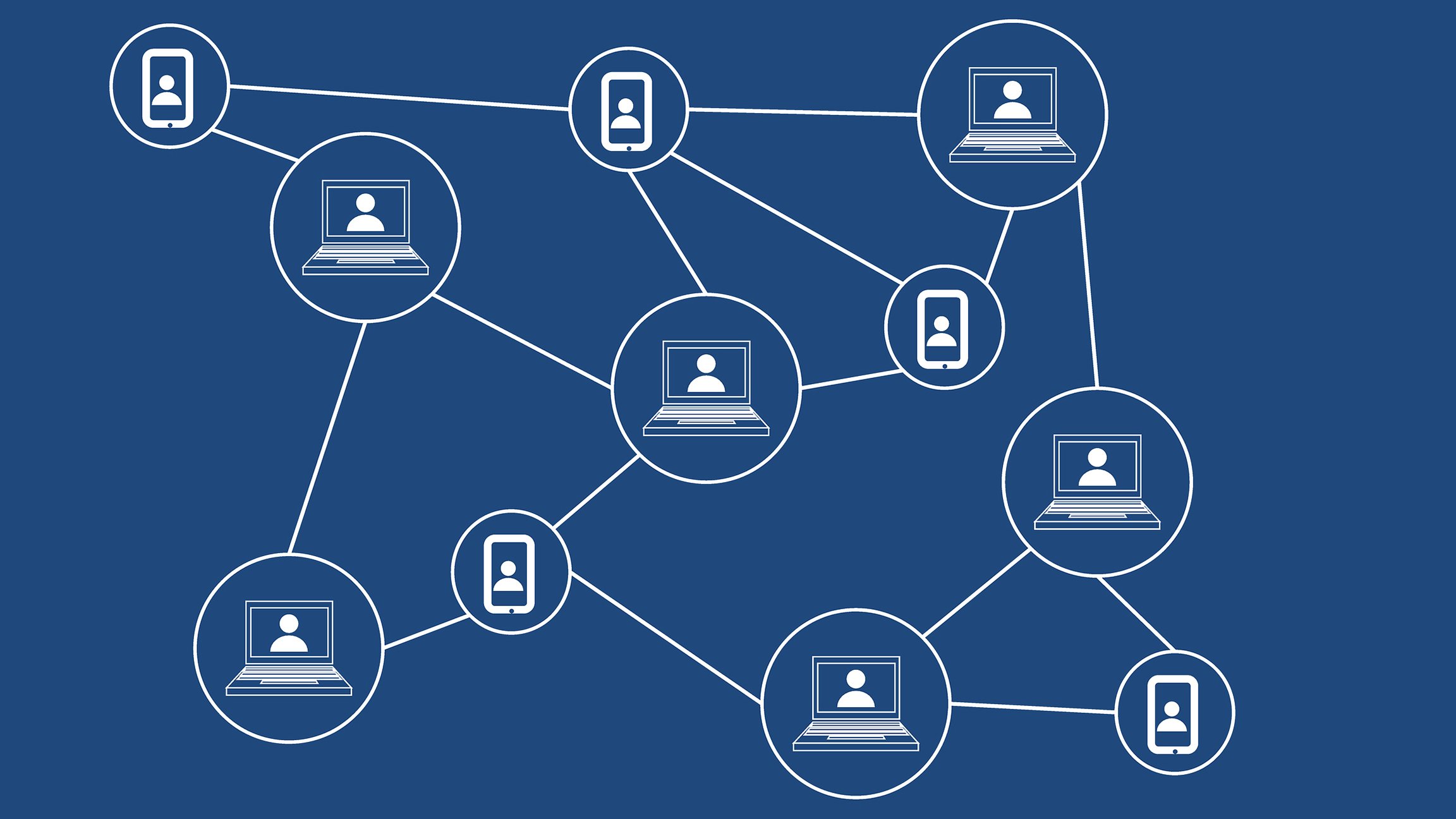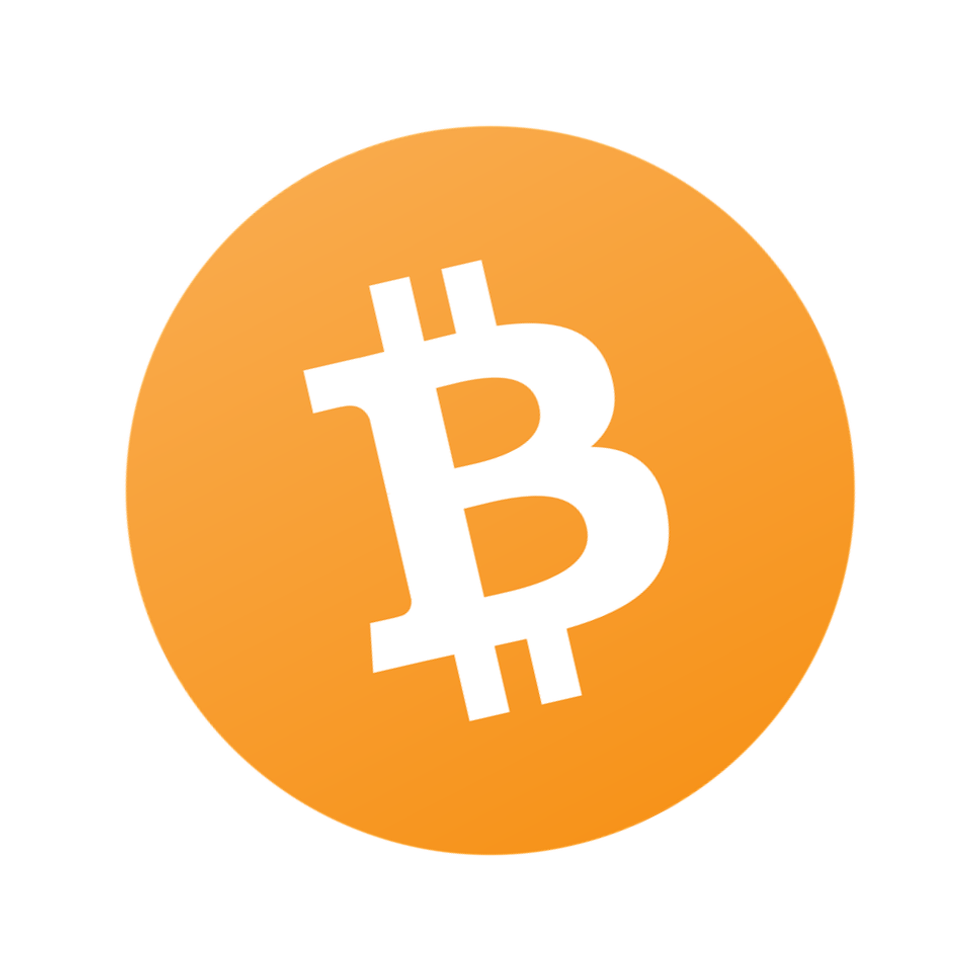What Is It and How Does It Work?
Bitcoin is a form of cryptocurrency which replaces physical money for digital representations. It was created as a way to perform quick and easy transactions which are independent of a central authority. Such a platform is appealing for a number of reasons.
Perhaps most important is the idea of autonomy. As mentioned before, Bitcoin is not regulated by banks or governments. No one truly owns the media, which means users don't have to answer to the rates and standards of a larger institution. Rather, you serve as your own banker by transferring money to whomever you choose, at any location, at high speeds. By operating independently of a bank or credit union, you may conceal your identity using a pseudonym since accounts are verified based on transactions rather than a name. Bitcoin is regulated through cryptography (hence the name 'cryptocurrency'), so accounts are less prone to manipulation from outside sources. Since there is a fixed supply, Bitcoin is considered a generally sound investment which will only increase in value over time.
Mining

Bitcoin mining serves to secure the Bitcoin platform. Miners work anonymously to solve problems and algorithms to form a comprehensive record of past transactions known as the blockchain. Additionally, mining creates new bitcoin until the system reaches the previously determined cap of 21 million total coins. At this point, mining will end. Miners compete to win a block, then write transactions into that block to receive a reward. A small fee is deducted from Bitcoin accounts and given to miners as an additional incentive. Throughout Bitcoin's lifetime, it is understood that rewards given to miners will diminish and transaction fees will be the primary form of compensation.
Why Should I Care?

Bitcoin is ideal for the person who wants to keep transactions as efficient, confidential and secure as possible. A common concern among bank members is that there are factors beyond their control which may put funds at risk. Bitcoin allows users to use a more or less "universal" form of electronic currency to transfer money to others and invest in the Bitcoin system itself as it becomes more lucrative. Of course, as with any arrangement which involves money, users should be wary and fully-informed (that means reading other articles besides this novice overview). Regardless, platforms such as Bitcoin are broadening our understanding of technology's purpose and the role it plays in our everyday life.
Sources:



















